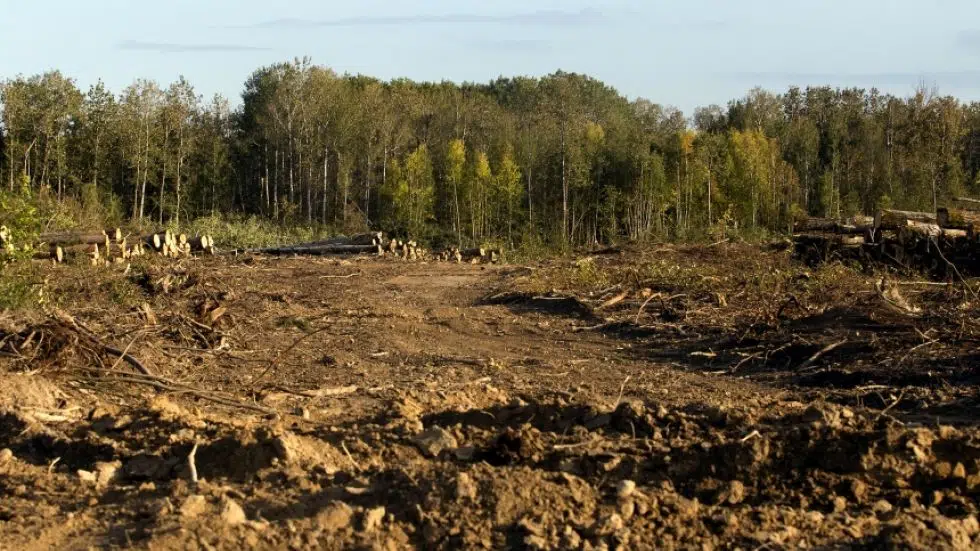
First Nations groups partner on new forestry alliance
Several local-area First Nations have signed on to a new agreement to manage forest lands and build on opportunities in the industry.
The new Saskatchewan First Nations Forestry Alliance includes 13 First Nations, including the Montreal Lake Cree Nation, Big River First Nation, Pelican Lake First Nation, Witchekan Lake First Nation and Meadow Lake Tribal Council and their related business organizations.
The deal outlines how business-related opportunities will be handled on First Nations’ ancestral lands, which cover much of Saskatchewan’s forested area. Together, the groups direct forest management licenses and commercial arrangements on more than four million cubic metres of the annual allowable cut in the province.
Robert Fincati, chief executive officer with Montreal Lake Business Ventures, said the agreement has been in the works for several years.


